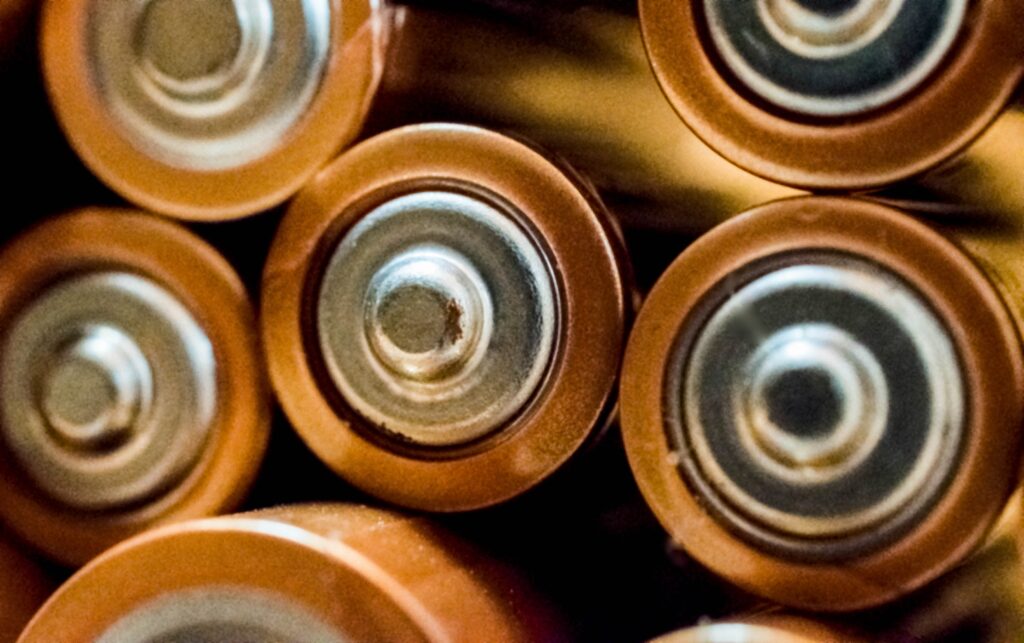
Lead-Acid vs. Lithium Batteries: Which is Right for You?
When it comes to solar batteries, there are two main types to choose from: lead-acid and lithium. Both have their own advantages and disadvantages, so it’s important to weigh your options carefully before making a decision.
Lead-acid batteries are the most common type of solar battery. They are relatively inexpensive and easy to find. However, they also have a shorter lifespan than lithium batteries and require more maintenance.
Lithium batteries are more expensive than lead-acid batteries, but they have a longer lifespan and are maintenance-free. They are also lighter and more compact, making them a better choice for some applications.
In this blog post, we will take a closer look at the pros and cons of lead-acid and lithium batteries. We will also discuss which type of battery is best for different applications.
Lead-acid batteries
- Pros:
- Inexpensive
- Easy to find
- Relatively tolerant of abuse
- Cons:
- Shorter lifespan
- Requires more maintenance
- Heavier and bulkier than lithium batteries
Lithium batteries
- Pros:
- Longer lifespan
- Maintenance-free
- Lighter and more compact than lead-acid batteries
- Can withstand extreme temperatures
- Cons:
- More expensive than lead-acid batteries
- More sensitive to overcharging
Which type of battery is right for you? Let us help you, call us now!
The best type of battery for you will depend on your specific needs and budget. If you are looking for the most affordable option, then lead-acid batteries are a good choice. However, if you are looking for a battery with a longer lifespan and less maintenance, then lithium batteries are a better option.
Here is a table summarizing the pros and cons of lead-acid and lithium batteries:
| Feature | Lead-acid batteries | Lithium batteries |
| Cost | Less expensive | More expensive |
| Lifespan | Shorter | Longer |
| Maintenance | Requires more maintenance | Maintenance-free |
| Size and weight | Heavier and bulkier | Lighter and more compact |
| Tolerance to abuse | Relatively tolerant | Less tolerant |
| Temperature tolerance | Not as tolerant of extreme temperatures | Can withstand extreme temperatures |
Conclusion:
The best way to decide which type of battery is right for you is to talk to a solar installer. They can help you assess your needs and recommend the best battery for your application.
Additional information:
- Lead-acid batteries are typically used in solar systems that are not used frequently, such as off-grid systems.
- Lithium batteries are typically used in solar systems that are used frequently, such as grid-tied systems.
- Lead-acid batteries can be recycled, while lithium batteries cannot.
I hope this blog post has been helpful. If you have any questions, please feel free to contact me.



